Tras el cierre de las escuelas en Kenia por la pandemia de covid-19, centenas de niñas tuvieron que dejar sus estudios para prostituirse y llevar ingresos a sus casas.
Algunas adolescentes no recuerdan con cuántos hombres han tenido sexo en los siete meses que han pasado desde que el brote de covid-19 obligó a cerrar las escuelas, ni cuántos de esos hombres usaron protección.
Señalaron que en ocasiones fueron violadas y golpeadas cuando pidieron que les pagaran, apenas un dólar a veces, para ayudar a sus familias en momentos en que los trabajos se evaporaban a causa de la pandemia.
En el cuarto que alquilan en Nairobi, la capital keniana, las niñas dijeron que no piensan demasiado en el peligro de contraer el coronavirus o el VIH cuando lo que cuenta es la supervivencia.
“Si consigues cinco dólares en la calle, es como si fuera oro”, afirmó una muchacha de 16 años en la pequeña cama que comparte con otras dos chicas, de 17 y 18 años, a quienes describe como sus “mejores amigas para toda la vida”.
Entre las tres pagan los 20 dólares del alquiler en un edificio en el que todos los cuartos están ocupados por trabajadoras sexuales.
El Organismo de las Naciones Unidas para la Infancia (Unicef) dijo que los progresos logrados en los últimos años en la lucha contra el trabajo infantil corren peligro de ser anulados por la pandemia y por primera vez en 20 años podría registrarse un aumento en la cantidad de menores que trabajan.
La ONU advirtió que millones de niños podrían ser explotados o forzados a realizar trabajos peligrosos. El cierre de las escuelas, señaló, agrava el problema.
Muchas familias en Kenia dejaron de percibir ingresos debido al confinamiento por el covid-19. (AP) Mary Mugure, una ex trabajadora sexual, lanzó Night Nurse, una iniciativa para rescatar niñas que siguen ese camino.
Comentó que desde que se suspendieron las clases en Kenia en marzo, unas mil menores empezaron a prostituirse en los tres barrios de Nairobi que monitorea.
La mayoría de las muchachas tratan de ayudar a sus padres a pagar las cuentas. La más joven tiene 11 años, según Mugure.
Las tres chicas que comparten la habitación fueron criadas por madres solteras junto con sus hermanas. Las familias se quedaron sin ingresos cuando el gobierno implementó medidas de confinamiento para frenar la propagación del virus.
Las madres de dos de ellas lavaban ropa para personas que viven cerca del barrio pobre en el que viven, llamado Dandora.
Pero cuando se confirmó el primer caso de coronavirus en la zona, nadie las quería en sus casas, comentaron las muchachas.
La madre de la tercera vendía papas en la calle, pero tuvo que dejar de hacerlo luego de que se implementaron las restricciones.
Las tres muchachas son las mayores de sus hermanos y decidieron ayudar a sus madres a alimentar a la familia. Tenían un popular grupo de baile que cobraba por sus presentaciones.
Pero cuando se prohibieron las reuniones, se quedaron sin ese ingreso. “Ahora le doy a mi madre 1.84 dólares diarios (40 pesos mexicanos) y eso la ayuda a alimentar a los demás”, dijo una de las muchachas.
En otro sector de Nairobi, la madre soltera Florence Mumbua y sus tres hijos, de 7, 10 y 12 años, parten piedras en una cantera bajo un calor sofocante.
Es un trabajo agotador y peligroso, pero ella, de 34 años, dijo que no tiene otra alternativa tras perder el empleo que tenía limpiando una escuela privada que cerró al imponerse las restricciones por el virus.
“Tengo que trabajar con ellos (los hijos) porque tienen que comer y lo que gano yo sola no alcanza”, explicó.“Trabajando en equipo, sacamos lo suficiente para comer”.

El trabajo infantil también aumentó en Kenia tras la pandemia de covid-19. (AP) De vuelta en Dandora, Dominic Munyoki, de 15 años, y Mohamed Nassur, de 17, recorren el vertedero más grande de Kenia buscando metal para vender.
Su madre, Martha Waringa, una madre soltera de 35 años que también trabaja en el vertedero, comentó que el dinero que gana su hijo la ayudará a pagar por la escuela de sus siete hermanos cuando se reanuden las clases.
Y Ann Munhay, de 45 años y quien es madre de Nassur, tampoco ve nada malo en que su hijo la ayude a mantener a la familia.
“Cuando empezó a trabajar me di cuenta de que era algo positivo porque no se quedaba haciendo nada en la casa o con juegos que no lo ayudan en nada”, declaró. “Cuando va a trabajar, gana dinero que nos ayuda mucho. Y se compra ropa”.
Phillista Onyango, quien dirige la Red Africana para la Protección y Prevención del Abuso y el Abandono de Menores, señaló que con las escuelas cerradas, varios padres de familia de barrios pobres prefieren que sus hijos trabajen a que se queden en casa y corran peligro de caer en las drogas o la delincuencia.
Por su parte, las tres amigas que comparten una habitación dijeron que esperan no tener que prostituirse toda su vida, pero al mismo tiempo señalaron que es poco probable que vuelvan a la escuela.
Fuente: https://www.milenio.com/internacional/africa/kenia-ninas-dejan-escuela-prostitucion-covid-19
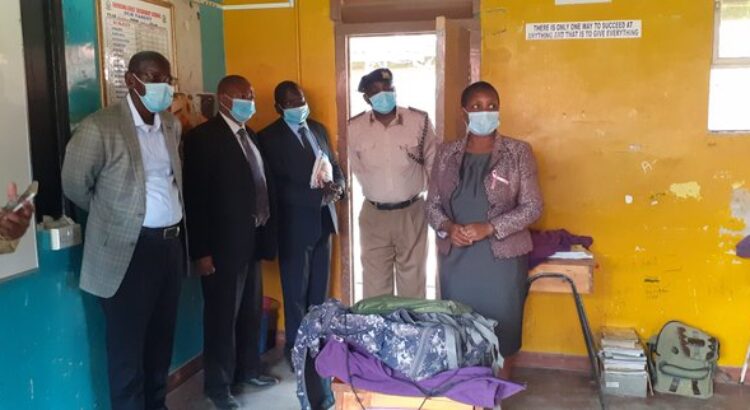
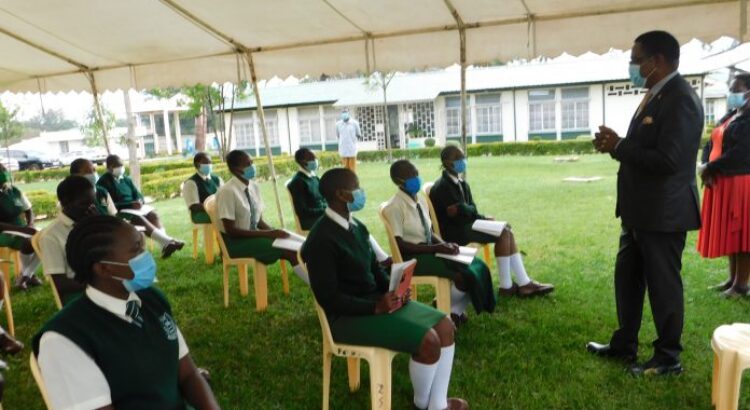
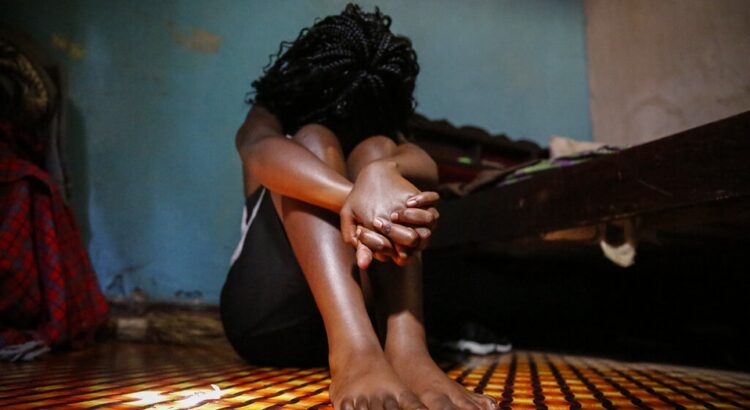

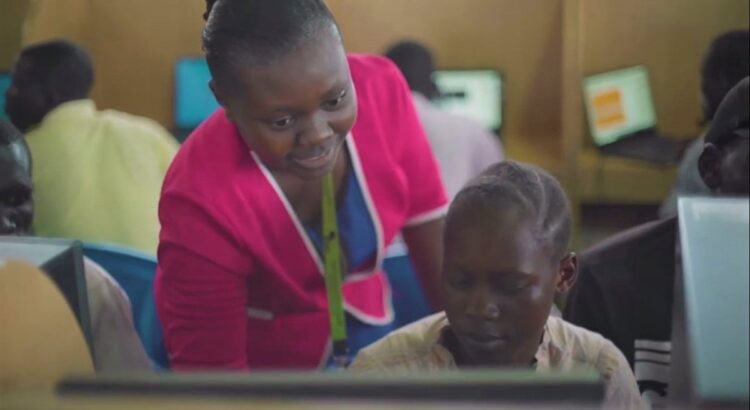
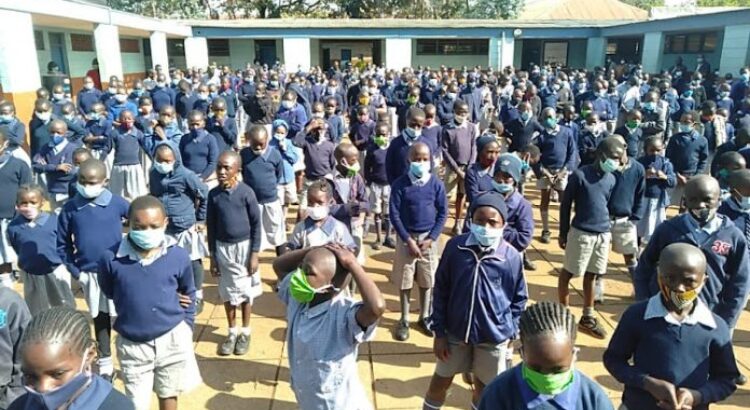

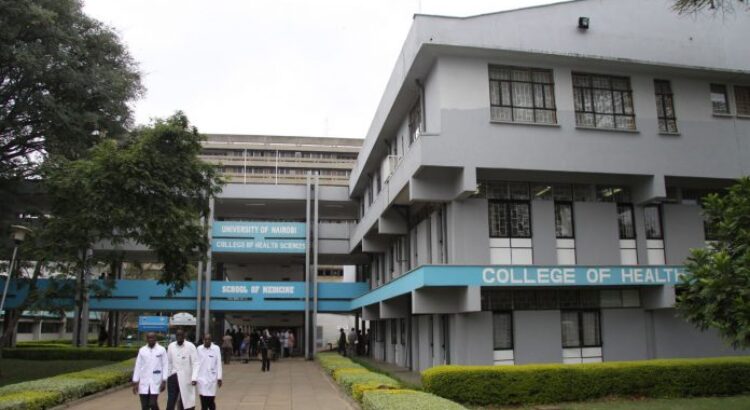
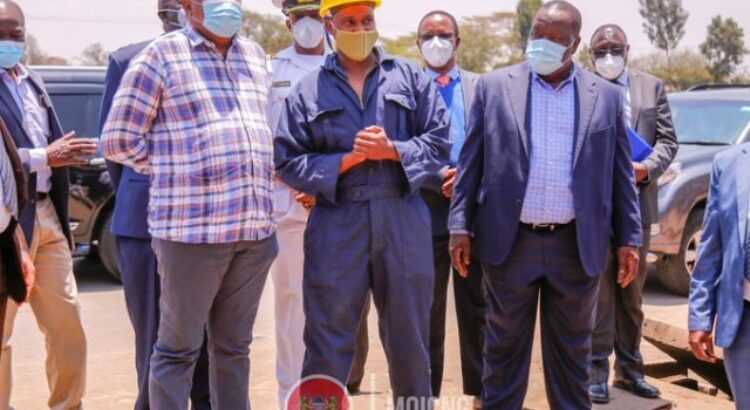






 Users Today : 5
Users Today : 5 Total Users : 35460358
Total Users : 35460358 Views Today : 8
Views Today : 8 Total views : 3419108
Total views : 3419108